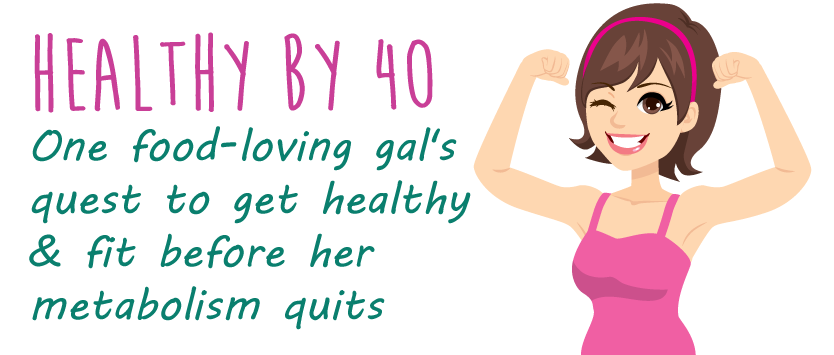Heartburn, Acid Reflux and GERD have similar basic components, however the extent and severity of symptoms are what differentiates these conditions.

Possible symptoms of all three of these conditions include, but are not limited to, the following:
- Chest Pain (typically like a burning sensation) that can worsen when lying down or bending over, can set in after eating (especially large meals) and can spread up to the throat
- bloating, belching, hiccup, heartburn and/ or indigestion
- Bitter taste in the mouth or back of throat and/or sore throat
- Cracking voice/hoarseness
- Chronic coughing and/or wheezing and/or asthma (it’s unclear whether people develop asthma as a result or whether its symptoms are simply worsened with Heartburn, Acid Reflux and/or GERD)
- Nausea (particularly where there is no clear reason as to why you are nauseated)
- Difficulty or pain when swallowing (typically only for Acid Reflux and/or GERD, as it is caused by scarring in the esophagus from the continuous damaging/healing process caused by acid reflux)
- Regurgitating sour-tasting liquid or food (this doesn’t necessarily mean full-on throwing up, but can be small bursts in the back of the throat)
GERD is a serious condition that needs to be addressed with your doctor, due to the risks of other conditions that can result from it (such as Barrett’s Esophagus and esophageal cancer). It’s easy to keep popping the Tums, taking over the counter Pepcid AC or Zantac or some such similar drug, but once you are experiencing symptoms regularly (more than twice a week) and/or your symptoms are interfering with your daily life, it is crucial to get checked out by your doctor and make sure nothing more serious has developed.
How can you tell when it’s time to stop self-medicating/your Acid Reflux symptoms are serious enough to point towards GERD?

Therefore, it’s important to develop methods for effectively handling stress and anxiety, including incorporating lifestyle changes that can help minimize your overall stress and anxiety which – along with dietary and other lifestyle changes – can help reduce the frequency and severity of GERD/Acid Reflux symptoms.

In addition to stress and anxiety, there are other lifestyle factors completely removed from your eating habits that play a part in your GERD symptoms. With some lifestyle changes you can minimize your symptoms (note, however, this does not mean you will not require any medication or shouldn’t see your doctor. These are simply things your doctor will probably advise you to do anyway, in addition to taking any medication(s) they may prescribe).

Unfortunately, it doesn’t stop at what you’re eating (and how much of it), as the severity and frequency of your GERD symptoms is just as much about how you’re eating as what you’re eating.

And again, if you are experiencing symptoms of Heartburn/Acid Reflux/GERD, while I encourage you to implement the abovementioned lifestyle changes right away, you absolutely should go see your doctor ASAP, especially before making any drastic dietary changes! It’s important to make sure that nothing else is going on and that it is safe for you to make certain dietary changes. So go to the doctor and get it out of the way, then you will feel much better when you find out everything else is ok and you have a clear path in front of you to take control of your symptoms and overall health.
Now that you have an idea of what GERD is (and isn’t), check out the other digestive health pages to learn about IBS and its connection with GERD, how to shop with dietary restrictions and just what the heck this Low FODMAP food plan is all about: The IBS Lowdown, The IBS & GERD Connection, Low FODMAP Food Plan, Shopping w/Dietary Restrictions and What a Symptom-Free Day Looks Like.








